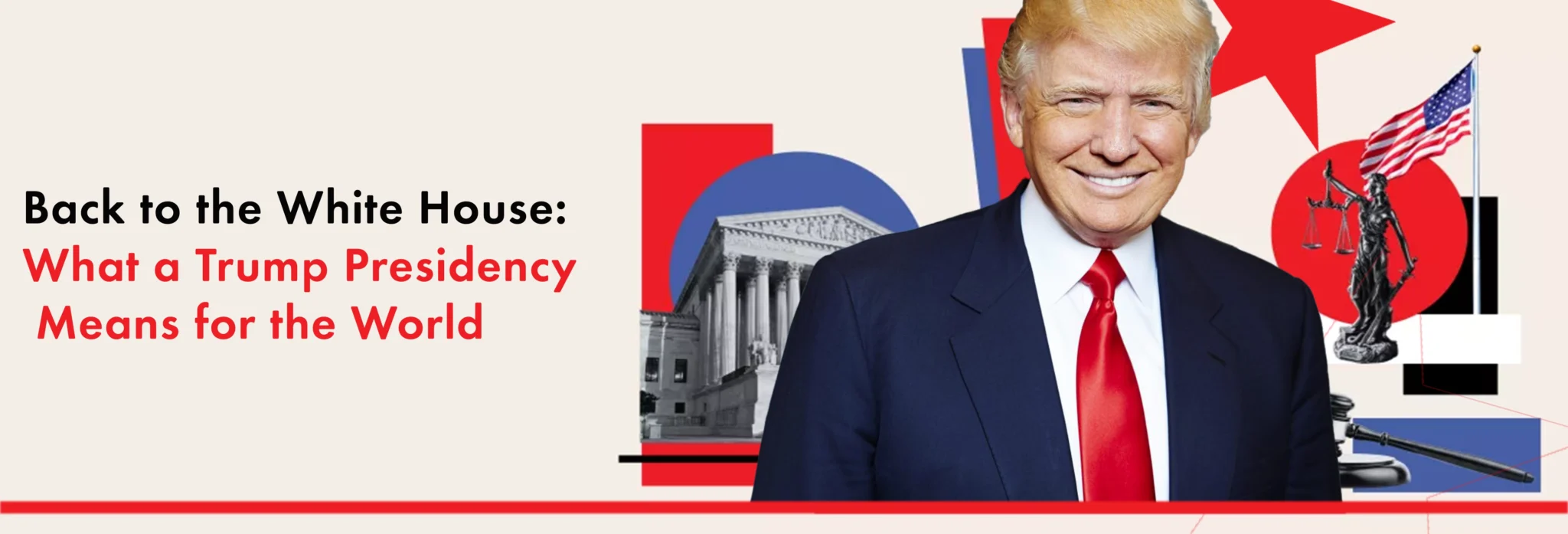

By: Asal Taheri
Donald Trump once again secured the presidency in a historic victory on November 5, 2024, making his return to the White House. As he prepares for office, the nation is poised for significant domestic and foreign policy changes. Trump’s administration is expected to focus on critical issues such as the ongoing war between Russia and Ukraine, relations with NATO, the Israel-Palestine conflict, immigration laws, and economic reforms that will shape the future of the United States. “It’s time to put the divisions of the past four years behind us,” Trump said during his victory speech in Florida. “It’s time to unite.” He added, “We have to put our country first for at least a period of time. We have to fix it.” Trump called the election a “massive victory for democracy and for freedom.” Referring to recent assassination attempts on his life, he states, “Many people have told me that God spared my life for a reason, and that reason was to save our country.”
Trump’s victory speech in Florida was marked by jubilant celebrations as supporters gathered at Mar-a-Lago, where he promised swift action on key policy areas and vowed to “fix everything about our country” while thanking his base for their unwavering support. Trump also acknowledged the diverse support he received: “Asian Americans, Muslim Americans, Arab Americans… everybody came out in our support. It was a historic re-alignment. The Republican party is the party of common sense!”
Watch: President Trump’s celebration speech at West Palm Beach, Florida.
A Glimpse into Donald Trump’s Life
 Born on June 14, 1946, in Queens, New York, Trump has had a life of controversy and success. He is the fourth of five children of Fred and Mary Trump. At 13, he was sent to the New York Military Academy, where he thrived academically and athletically. Trump graduated from the Wharton School of Finance at the University of Pennsylvania in 1968 with a degree in economics. He took over his father’s real estate business in 1971, transforming it into the Trump Organization and expanding beyond residential properties into skyscrapers, hotels, casinos, and gold courses. His breakthrough in Manhattan came in 1978 with the renovation of the Commodore Hotel, which reopened as the Grand Hyatt Hotel after securing a remarkable $400 million city property tax abatement.
Born on June 14, 1946, in Queens, New York, Trump has had a life of controversy and success. He is the fourth of five children of Fred and Mary Trump. At 13, he was sent to the New York Military Academy, where he thrived academically and athletically. Trump graduated from the Wharton School of Finance at the University of Pennsylvania in 1968 with a degree in economics. He took over his father’s real estate business in 1971, transforming it into the Trump Organization and expanding beyond residential properties into skyscrapers, hotels, casinos, and gold courses. His breakthrough in Manhattan came in 1978 with the renovation of the Commodore Hotel, which reopened as the Grand Hyatt Hotel after securing a remarkable $400 million city property tax abatement.
Despite facing challenges- including six bankruptcies and over 4,000 legal actions- Trump’s business acumen propelled him to fame. He gained widespread recognition as the host of The Apprentice from 2004 to 2015, solidifying his status as a household name. His first term as president, from 2017 to 2021, was marked by significant achievements and controversies, including major tax reforms, trade agreement renegotiations, and the appointment of three Supreme Justices. Notably, he became the first U.S. president to be impeached twice and later faced legal challenges that culminated in a felony conviction related to hush money payments.
host of The Apprentice from 2004 to 2015, solidifying his status as a household name. His first term as president, from 2017 to 2021, was marked by significant achievements and controversies, including major tax reforms, trade agreement renegotiations, and the appointment of three Supreme Justices. Notably, he became the first U.S. president to be impeached twice and later faced legal challenges that culminated in a felony conviction related to hush money payments.
Presidential Plans for the Term Ahead
Economic plans
 Trump’s economic strategy is poised to emphasize tax cuts, deregulation, and protectionist trade policies to revitalize American manufacturing. He has proposed extending tax cuts established during his first term, which are set to expire soon. This includes lowering taxes across all income levels and further reducing corporate tax rates to stimulate investment in domestic industries. Trump’s administration plans to implement baseline tariffs on foreign goods from countries with perceived unfair trade practices, thereby encouraging consumers to buy American-made products.
Trump’s economic strategy is poised to emphasize tax cuts, deregulation, and protectionist trade policies to revitalize American manufacturing. He has proposed extending tax cuts established during his first term, which are set to expire soon. This includes lowering taxes across all income levels and further reducing corporate tax rates to stimulate investment in domestic industries. Trump’s administration plans to implement baseline tariffs on foreign goods from countries with perceived unfair trade practices, thereby encouraging consumers to buy American-made products.
Additionally, he aims to cut federal regulations that he argues stifle business growth; his administration will focus on easing restrictions on fossil fuel production and increasing exploration on federal lands. This deregulatory agenda is expected to extend beyond energy into various sectors, including housing- where he plans to relax regulations that hinder construction and healthcare.
War Between Russia and Ukraine
Trump has long criticized U.S. military aid to Ukraine and has promised a swift resolution to the ongoing conflict with Russia. He claims he could end the war “within 24 hours”, although specifics on how this would be achieved remain vague. His approach raises concerns about potential concessions to Russia regarding Ukrainian territory. During his previous presidency, Trump faced criticism for his perceived admiration for Vladimir Putin; this sentiment may influence how he navigates U.S.-Russia relations moving forward. His administration is likely to reassess military aid levels while exploring diplomatic avenues that could involve negotiations between Ukraine and Russia.
NATO Relations
Trump’s relationship with NATO has been fraught with tension; he has previously threatened to withdraw U.S. support unless member nations meet their defense spending commitments. His recent comments suggest a willingness to allow greater Russian influence over NATO countries that do not comply with financial obligations. This stance could fundamentally alter U.S. commitments within NATO and reshape European security dynamics. Trump’s administration may push for a re-evaluation of NATO’s purpose while advocating for increased military spending among member nations.
Israel and Palestine conflict
Trump’s administration is expected to maintain strong support for Israel while advocating for rapid military action against Hamas following a recent escalation in violence. His previous recognition of Jerusalem as Israel’s capital solidified his pro-Israel stance but also drew criticism from Palestinian groups who view it as bias in negotiations over territory claims. Trump has emphasized that Israel must act decisively against Hamas but cautioned them about losing “the propaganda war.” His administration’s past efforts at normalizing relations between Israel and several Arab nations may continue to influence regional diplomatic strategies.
Immigration Laws
Trump has pledged aggressive immigration reforms aimed at implementing what he calls “the largest mass deportation program in American history.” His plans include utilizing federal agents and possibly even National Guard troops for immigration enforcement while proposing “ideological screening” for immigrants seeking entry into the U.S. He aims to end birthright citizenship for children born to undocumented immigrants – a move that would require a constitutional amendment- and reinstate strict travel bans targeting predominantly Muslim countries. Furthermore, Trump’s administration plans to revive policies such as “Remain in Mexico” for asylum seekers while significantly reducing overall immigration numbers through various measures outlined in Project 2025.
Social Issues and Domestic Policies
Domestically, Trump’s administration is expected to pursue conservative policies that may roll back protections for various social groups while promoting what he terms “American Values.” His stance on education includes proposals to eliminate federal oversight by shutting down the Department of Education and effectively returning authority back to state governments. This move aligns with his claims of progressive indoctrination within schools and is part of a broader agenda to reduce federal influence in education.
Additionally, Trump’s administration may seek to impose stricter regulations on social issues, particularly concerning gender identity in sports. This includes advocating for policies that would prevent transgender women from competing in women’s sports, a stance that has garnered both support and backlash. Trump’s approach reflects a broader conservative push to define and protect traditional gender roles, which he argues is essential for maintaining fairness in athletics. Furthermore, his administration is likely to continue its efforts to roll back protections for LGBTQ+ individuals, as evidenced by past actions such as the ban on transgender individuals serving in the military and the withdrawal of guidance supporting transgender rights in schools. Overall, Trump’s domestic policy agenda appears poised to reinforce conservative social norms while challenging progressive advances made in recent years.
Impact on Iran and the MENA Region
Trump’s foreign policy towards Iran is expected to remain confrontational, continuing his administration’s strategy of economic isolation while actively supporting Israel’s military actions against Iranian interests across the region. Following his decision to withdraw from the Joint Comprehensive Plan of Action (JCPOA) in May 2018, Trump implemented a “maximum pressure” campaign that significantly escalated tensions between the U.S. and Iran. This included restating sanctions that had been lifted under the nuclear deal, which aimed to curb Iran’s nuclear ambitions in exchange for economic relief. The reimposition of these sanctions has crippled Iran’s economy, yet it has not succeeded in changing Tehran’s regional behavior or curtailing its influence in neighboring countries. Instead, Iran has responded by expanding its nuclear program and increasing its support for proxy groups throughout the Middle East, further complicating the security landscape.
In addition to economic sanctions, Trump’s administration has sought to forge alliances with Gulf states that share concerns about Iran’s nuclear ambitions and regional influence. This includes strengthening ties with Saudi Arabia and the United Arab Emirates, both of which view Iran as a significant threat. Trump’s approach has often been characterized by a willingness to leverage military support and arms sales to these allies while maintaining a hardline stance against Tehran. Recently, Trump has suggested that he would be open to negotiating with Iran if re-elected, indicating a potential shift in his strategy from purely confrontational tactics to exploiting diplomatic avenues. As tensions continue to simmer, Trump’s administration may also explore new strategies to counter Iranian influence through military partnerships and intelligence-sharing agreements with regional allies. The complexities of Middle Eastern geopolitics will require careful navigation as Trump seeks to balance aggressive policies with the need for stability in a region fraught with conflict and competing interests.


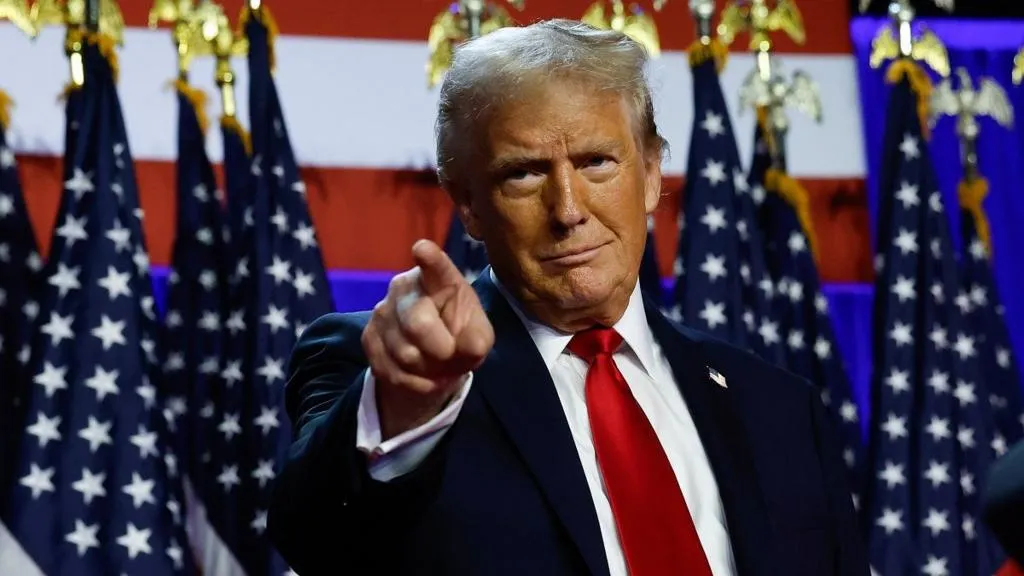
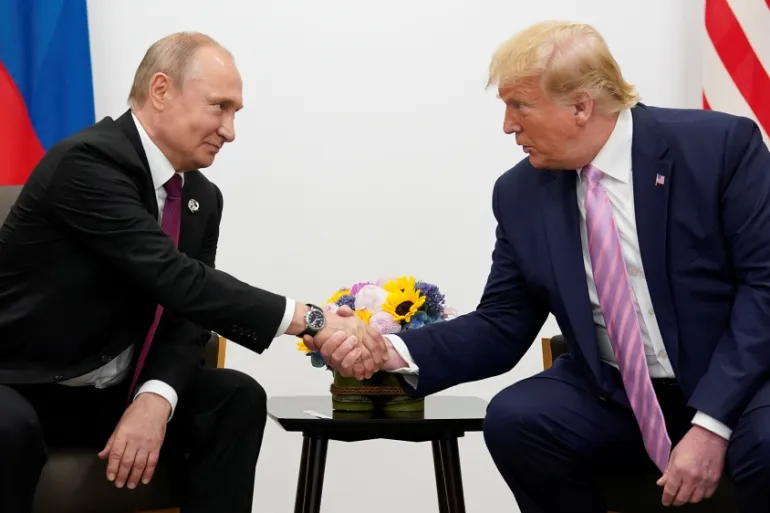
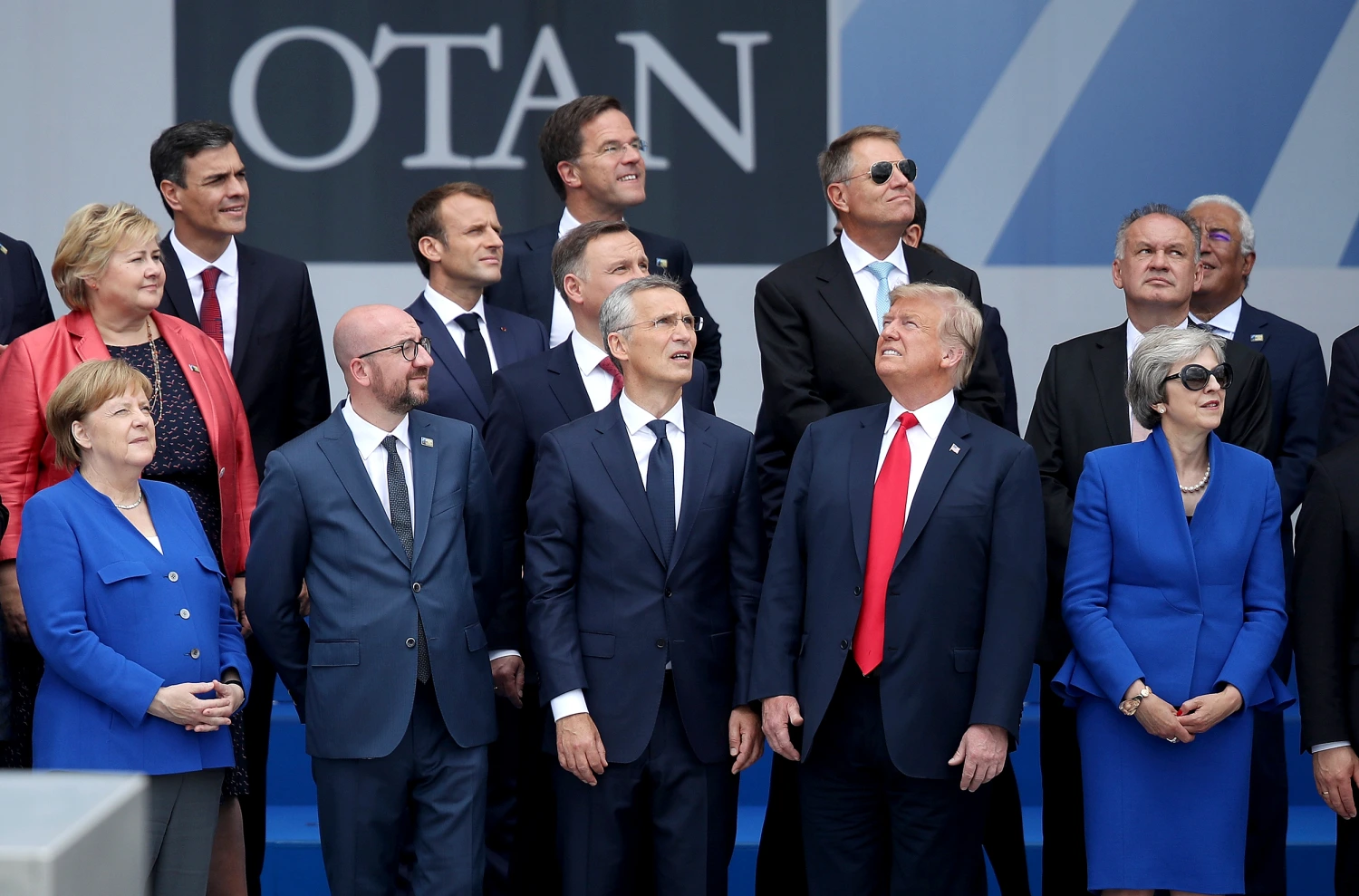
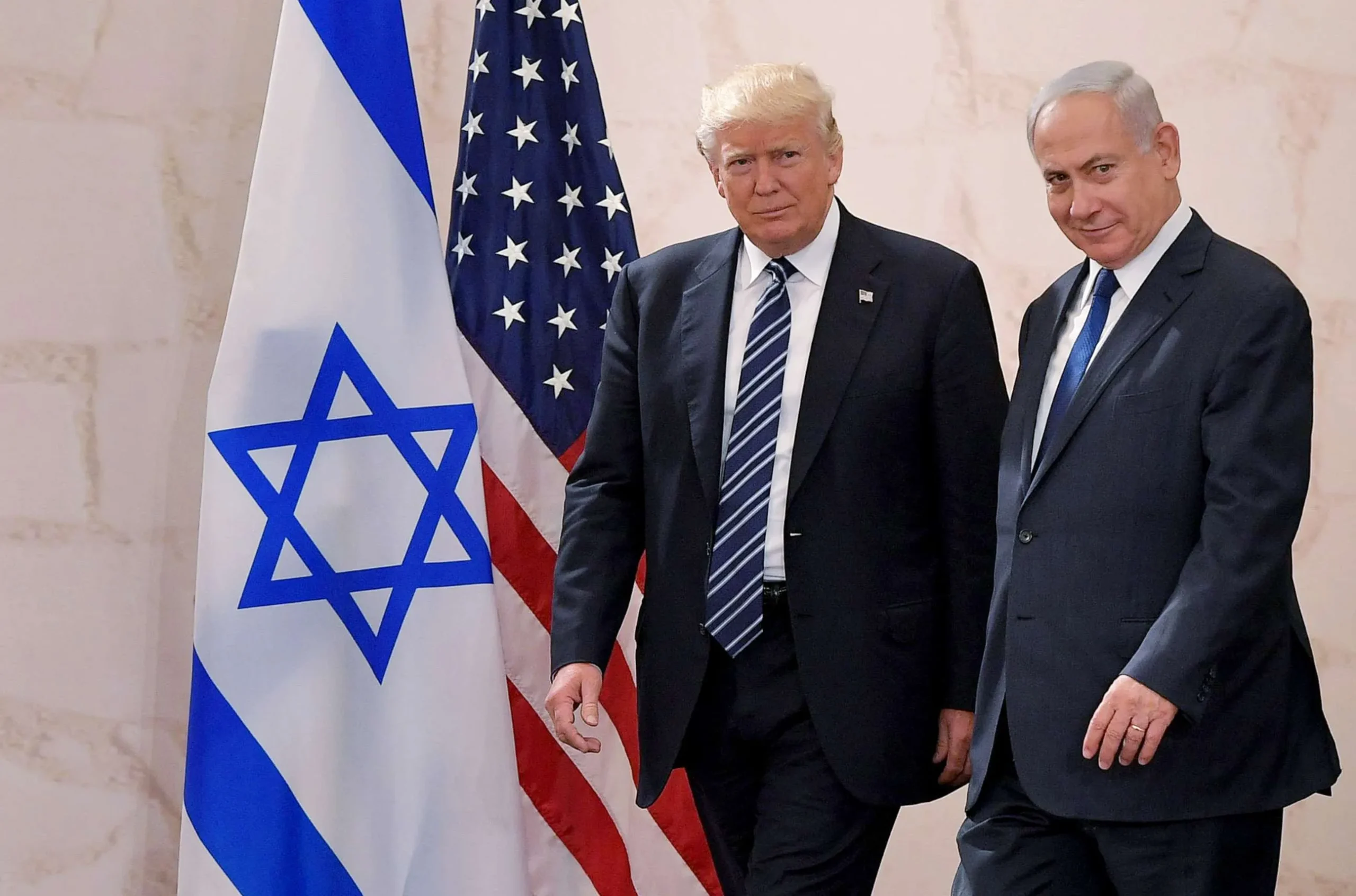
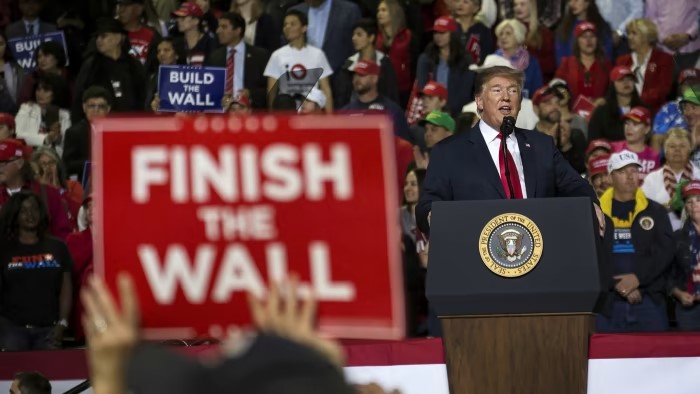
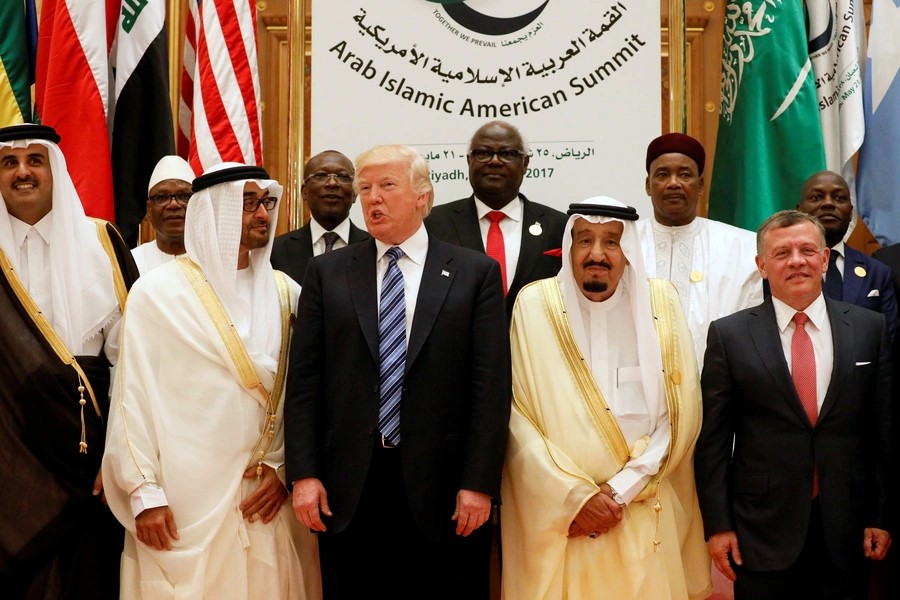


Interesting times ahead! Whether you support him or not, Trump’s return to the White House will definitely reshape the political landscape. Can’t wait to see how this unfolds!
We hope that good future will happen in Mena region.
I hope a good future is ahead for everyone…